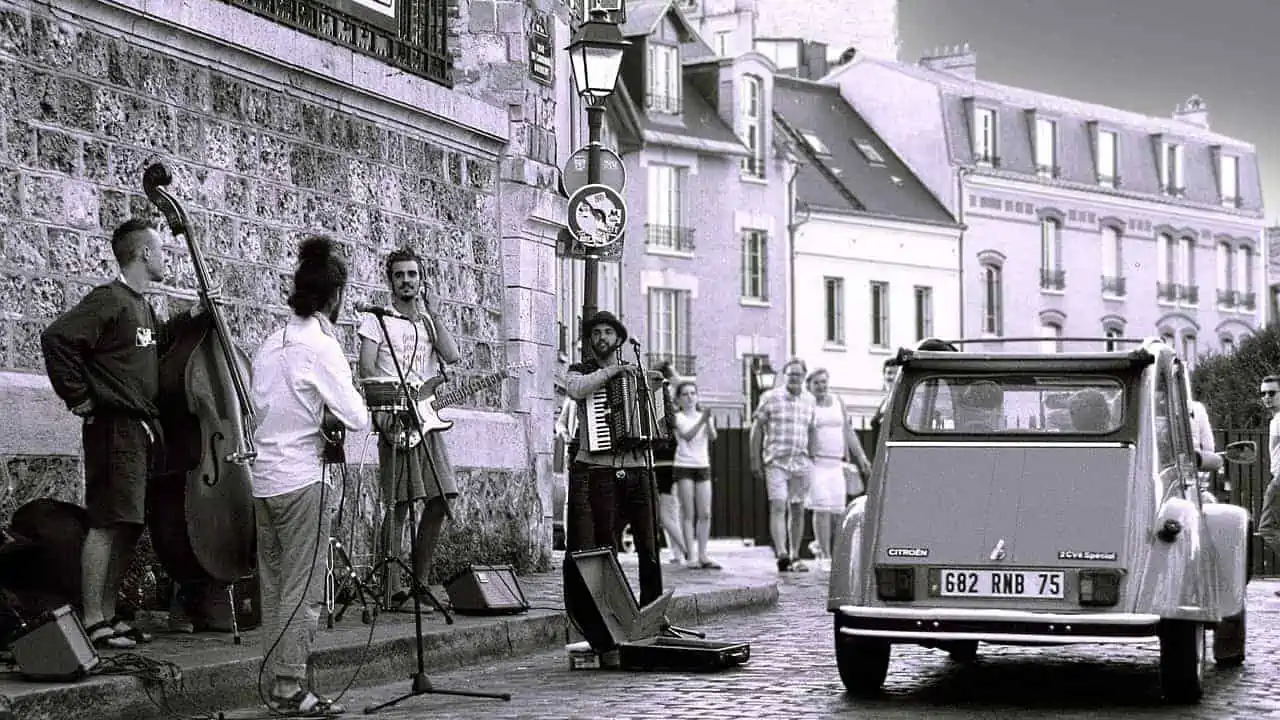
French radio success with local content quotas as for the first time in 13 years, a French song by Maître Gims and Vianney reaches 1st place of the Radio Top 100. French radio has to meet quotas for locally produced content which is overseen by the Conseil supérieur de l’audiovisuel (CSA) – an independent public authority established in 1989 to guarantee the exercise of broadcasting freedom. The CSA is responsible amongst other things ‘for ensuring the defense and illustration of the French language and culture in broadcasting’.
The CSA has been responsible for ensuring local content radio quotas on musical diversity and anti monopoly legislation in 2016. In the first full year of the act coming into force, a report commissioned by the Syndicat National de l’édition Phonographique (SNEP) – the French record industry association – found the following:
- The number of significant broadcasts (new entries in playlist) of French titles jumped in one year by nearly 27% compared to 2-3% in previous years. This resulted in an additional 1,042 titles broadcast on the 34 stations surveyed.
- The number of Francophone artists broadcast on radio increased by 500, a 10% increase over last year.
- The 100 most popular titles now account for less than a quarter of radio broadcasts, a level of concentration equivalent to that recorded 10 years ago.
SNEP considers the use of radio quotas for local content to be a ‘fundamental pillar of musical diversity and are the guarantor of good Francophone radio content’. According to SNEP, ‘the French music industry is very committed to this system since it was set up 25 years ago, the music industry is very pleased with this very encouraging result and applauds the radio stations which, by implementing the quotas, contribute to strengthening cultural diversity in our country. It welcomes the exceptional diversity of all radio music formats thanks to the richest FM band in Europe. The radio quotas have thus created a virtuous circle which must absolutely be preserved.’
They go on to say that, ‘Cultural diversity is a precious asset for all of us. The existence in France of a pool of creative artists is also based on public regulation policies that provide them with opportunities and incomes without which they would disappear.’
M. Franck Riester, French Minister of Culture hoped that the effectiveness of the regulation would ‘continue in this way’.




